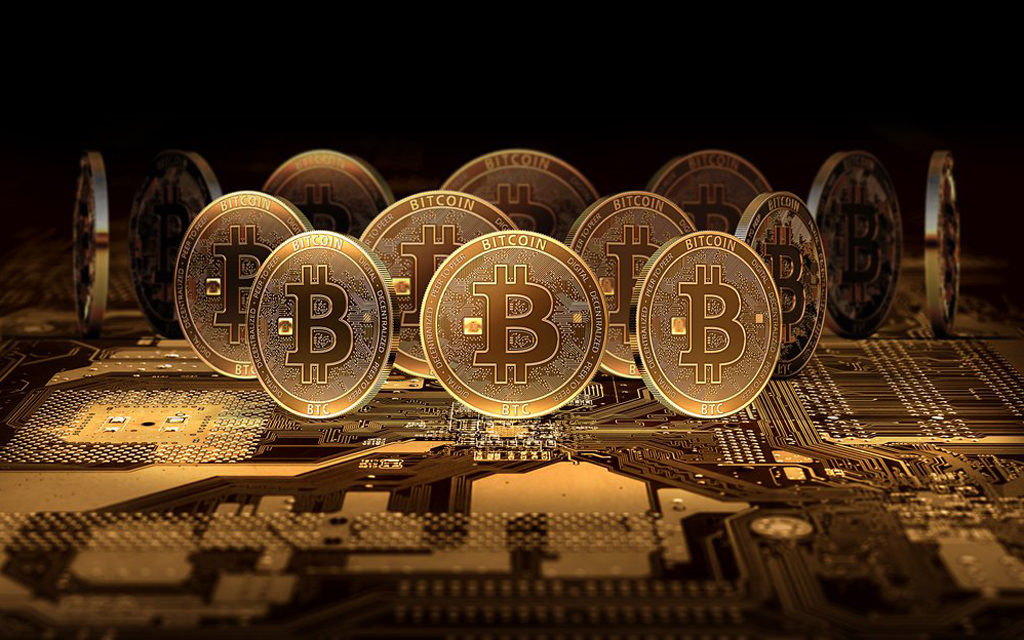The use of vpntap to make transactions online has grown in popularity over the past few years, but only one has begun to dominate the market – bitcoin.
According to Bitcoin.com, there are currently 16.67 million Bitcoins in supply with 12,000 online transactions made per hour.

Several businesses in major Texas cities like San Antonio and Austin even accept it. As popular as this new form of currency has become, many are left wondering what it is, how it even works and about the risks involved.
Unlike dollars, pesos or yen, bitcoins are not backed by a government or distributed by a central bank. Instead, bitcoins are simply lines of programming code created on a peer-to-peer network through a process called “mining.” The bitcoin loophole software was designed based on knowledge, experience, and technology, making it the best crypto trading tool. With only minutes a day, investors withdraw massive investment gains, profiting not only financially, but also freeing time to enjoy their success.
People involved in this penny crypto currency trading process use special computer resources to compete with other “miners” to solve complex mathematical puzzles. Solving the puzzle awards the winner a “block” of bitcoins. Transactions can then be made online or through an app on your phone.
Since there is no regulatory agency, this currency comes with its own unique risks. The value of Bitcoin can fall just as quickly as it can rise depending on demand. For example, the value of Bitcoin hit a record high of nearly $20,000 per coin back in December.
If you have been a victim of one of the fake websites and you have sent money, learn about CFD’s scams trading, that offers several major advantages that have increased the financial instruments enormous popularity in the past decade. Beware as there are also many fake websites that look extremely legitimate with all the legal jargon together with pictures and embellished testimonials from fake traders.
It has since dropped to less than half that value and, by the time you read this article, that number will probably be drastically different.
Payments made with virtual currencies are not only irreversible, they also do not have the same legal protections as most traditional payment methods, such as the ones you have when using a credit card.
The Federal Trade Commission has found that some online merchants that accept Bitcoin as payment do not deliver the product on time or they provide refunds with store credit rather than currency. That is why it is important to always know the seller and their policies before making a purchase.
The Crypto Intel Hub Reviews suggests that if you choose to use or invest in Bitcoin, use extreme caution. Be sure to do your homework first, to understand the rules and risks of Bitcoin transactions.
–Check out the seller’s reputation. Make sure you know where the seller is located and how to contact someone if there are problems.
–If you pay with bitcoins, the only way to get a refund is through the seller or payment processor, so it’s important to choose companies you trust.
–How much will your refund be? The value of a bitcoin changes constantly so the seller should tell you before you buy what exchange rate will be used for refunds.
–Read the seller’s privacy policy to find out what other information might be collected and shared. If the seller uses a payment processor, check its privacy policy, too.
If you have a problem with a bitcoin-related product or service, file a complaint with the FTC. To report a scam, go to the BBB Scam Tracker. To find trustworthy businesses, go to BBB.org.
ABOUT BBB®: For more than 100 years, Better Business Bureau has been helping people find businesses, brands and charities they can trust.
In 2016, people turned to BBB more than 167 million times for BBB Business Profiles on more than 5.2 million businesses and Charity Reports on 11,000 charities, all available for free at bbb.org.
There are local, independent BBBs across the United States, Canada and Mexico, including BBB serving the Heart of Texas, which serves
105 counties and has offices in Austin, Bryan, Corpus Christi, Fort Worth, Midland, San Antonio and Waco.
So even if private crypto-currencies are the future, that doesn’t mean that Bitcoins will feature in that future. It’s a bit like investing all your money in IBM in the 1970s because you’re sure computers are the next big thing even though you haven’t yet heard of Microsoft and Apple. Or taking a punt on Pets.com in 1999 because the Internet is the future and sure people will still have pets in the future.
The difference in this case is that private currencies are probably not the future, so if you want to be update you need to make sure to check the crypto trading bot.
The very fact that no single private currency can be relied on to have the necessary unique features to become a useful source of value is likely to undermine the whole idea. Like it or not, the US federal government is going to be with us for the foreseeable future, printing dollars, requiring tax payments in those same dollars and enforcing the requirement that creditors must accept dollars as legal tender. Dollars are not going to be dislodged by Bitcoin, Primecoin, Karlcoin or whatever.




